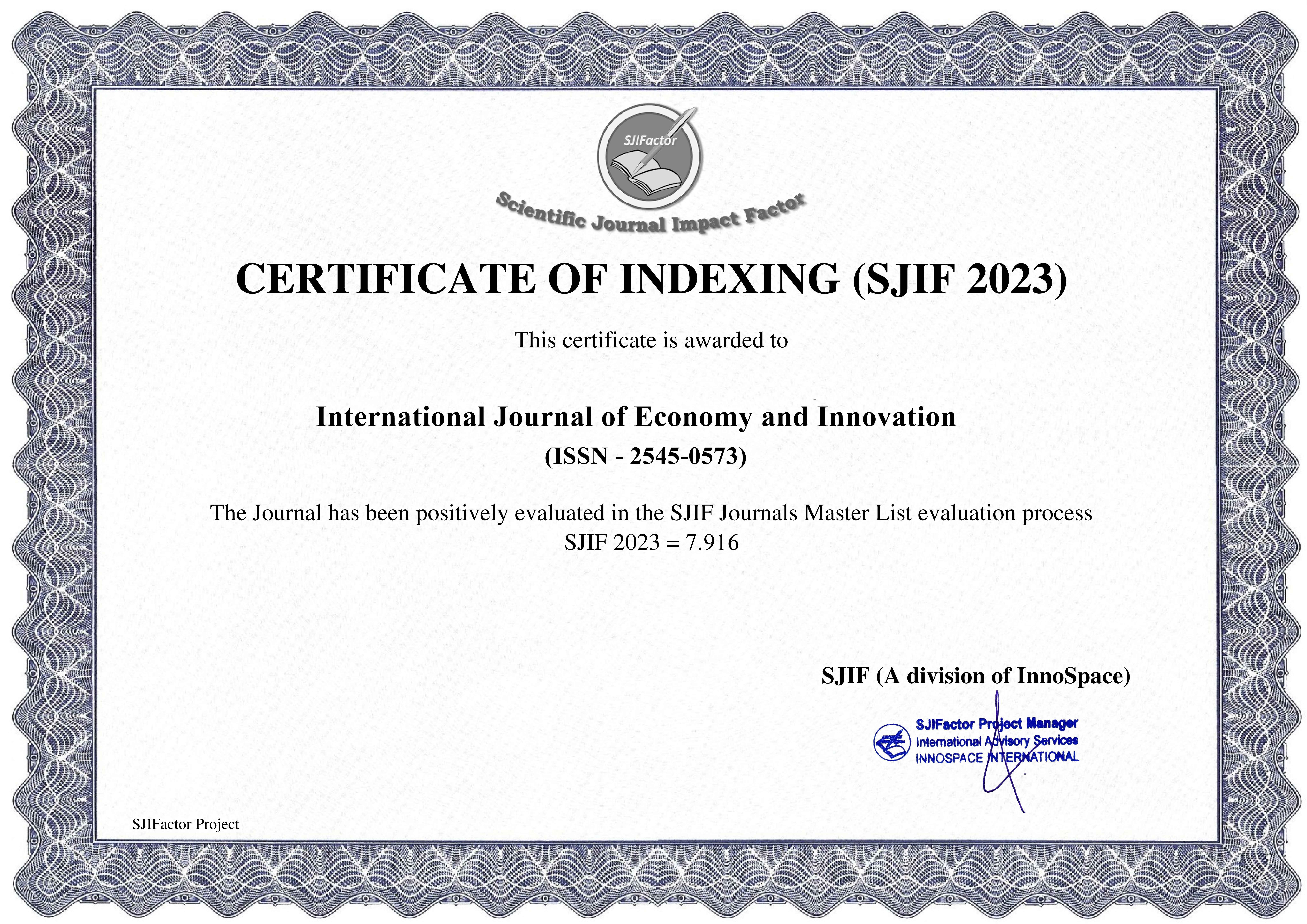ANALYZING AND MEASURING THE IMPACT OF GOVERNMENT SPENDING ON THE ECONOMIC GROWTH OF SOME BRICS COUNTRIES, WITH REFERENCE TO IRAQ, FOR THE PERIOD (2004-2022)
Keywords:
Government spending on economic growthAbstract
This study dealt with the basics of both government spending and the inflation rate as indicators of economic growth, in addition to examining the gross domestic product, its growth rate, and its average per capita share as indicators of the economic growth rate, in addition to showing the relationship between these variables in both (Brazil) and (Russia) as a sample of BRICS countries for the period (2004-2022), in addition to the reference to (Iraq), through analyzing the reality of the study variables economically and analogically, as the descriptive approach was used in analyzing government spending data, the inflation rate and economic growth, and to measure the relationship between the variables under study, in the selected countries, Three standard models were estimated for economic growth (YG) as a dependent variable, government spending (X1) and inflation rate (X2) as two independent variables. Brazil was described with the symbol (B), Russia with the symbol (R), and Iraq with the symbol (I), it was shown that the degree of integration of the study variables is A mixture of type (0)I and type (1)I, according to the Philips-Peron stationary (PP) test, therefore, the three models were estimated according to the Autoregressive Distributed Lag (ARDL) methodology, and according to the bounds test for co-integration, it was revealed that there is a co-integration relationship for all models, it succeeded in all standard quality tests (autocorrelation, heterogeneity of variance, normal distribution of residuals), in addition to being stable according to the (CUSUM) and (CUSUM SQ) tests. The most important results of the study were that government spending and the inflation rate in both (Brazil) and (Russia) had a direct relationship with GDP growth, in both the long and short terms, while in Iraq, government spending had a direct relationship in the short term with GDP growth, Directly, but in the long term, the relationship will be inverse, However, the inflation rate in Iraq was directly related to GDP growth in the long and short terms. The study came out with a set of recommendations, the most important of which was that both Brazil and Russia must work to adjust the general level of prices so that the inflation rate becomes less variable and at a lower level, as well as work to achieve higher levels of GDP growth and prevent a decline in GDP due to Achieving negative rates, Iraq must also work to reduce dependence on the oil sector, and work to increase the contribution of non-oil sectors to the gross domestic product.

















